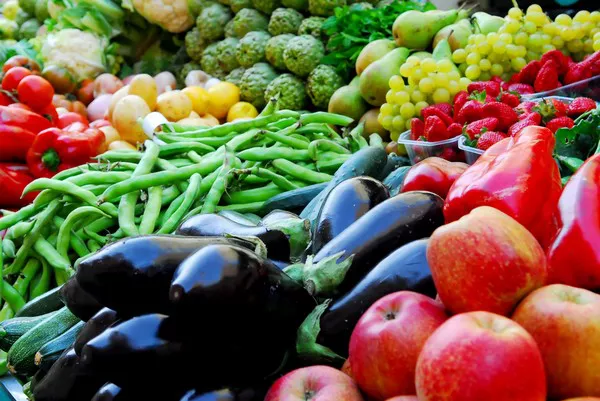As we gather with family and friends over the Thanksgiving holiday to enjoy a bountiful meal, it’s essential to reflect on the plight of many vulnerable individuals in Alabama who lack access to nutritious food year-round. While we savor our festive feasts, let’s not forget those for whom securing enough nourishing food remains a daily challenge. Fixed expenses such as housing and medication often take precedence, leaving little room in the budget for flexible expenses like groceries. This can lead to the purchase of lower-quality food to stretch limited resources.
The U.S. Department of Agriculture Economic Research Service defines food insecurity as the absence of reliable access to affordable, nutritious, and healthy food. This issue profoundly impacts the physical and mental well-being of individuals across all age groups. Many households grappling with food insecurity include members dealing with chronic conditions such as high blood pressure or diabetes. The combination of stress and poor nutrition can exacerbate the management of chronic illnesses. The time and money spent on caring for these health issues further strain the food budget, creating a vicious cycle that jeopardizes overall health and shrinks the available funds. Inadequate dietary intake during pregnancy and early childhood can heighten the risk of birth defects, anemia, low birth weight, preterm birth, and other developmental challenges.
Healthy bodies and minds, regardless of age, rely on access to nutritious food. According to the Centers for Disease Control and Prevention, individuals with healthy eating habits tend to live longer and face lower risks of severe health issues. For those with chronic diseases, a balanced diet can aid in managing these conditions and preventing complications.
While food insecurity is a widespread concern affecting all communities in every county, Feeding America reports that 26 percent of Black individuals in Alabama experience food insecurity, surpassing the national average of 19.7 percent (2021). Additionally, 12 percent of Latino individuals and 10 percent of White Alabamians are affected by food insecurity. Feeding America’s 2023 Map the Meal Gap Report highlights alarmingly high rates of food insecurity among children, with Perry, Greene, and Wilcox counties in Alabama among the ten counties with the highest percentages of child food insecurity rates (39.8, 37.8, and 36.1 percent, respectively). Food insecurity also disproportionately affects older adults and residents of rural areas.
According to the Food Research and Action Center (FRAC), even marginal food insecurity is linked to some of the most common and costly health problems in the United States. Household food insecurity serves as a strong predictor of increased healthcare utilization and elevated healthcare costs. The direct and indirect health-related expenses associated with hunger and food insecurity in the U.S. are estimated at $160 billion.
You and your family can play a part in reducing food insecurity by organizing food drives, donating food, supplies, or funds to food banks, volunteering at soup kitchens to serve those in need, or delivering meals to elderly individuals and those with limited transportation or mobility.
If you are personally struggling to access sufficient food or afford nutritious options such as fruits and vegetables, know that you are not alone. Alabama’s Women, Infants, and Children (WIC) program offers vital supplemental nutrition support for pregnant, postpartum, and breastfeeding mothers and children aged from birth to 5 years. The Supplemental Nutrition Assistance Program (SNAP) provides monthly benefits to assist low-income households in accessing essential, healthful foods. To explore these and other food assistance programs available in our state, visit Food Access Resources.


